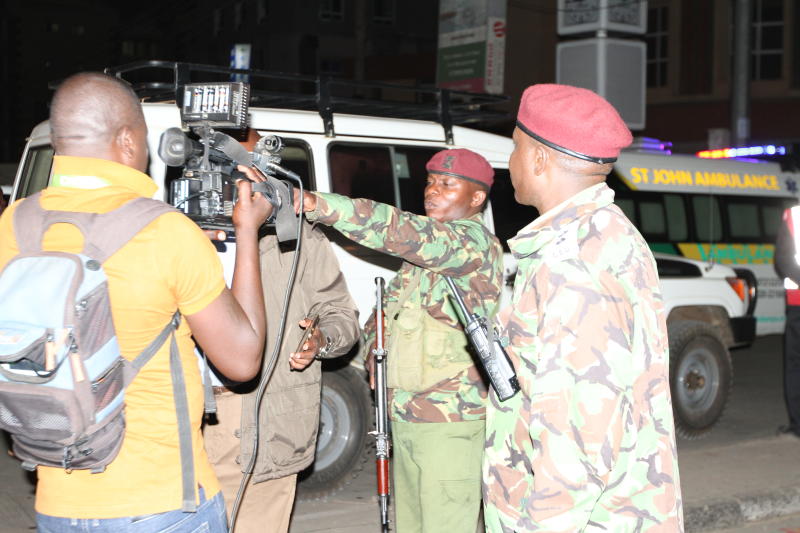×
The Standard e-Paper
Join Thousands Daily

Today is World Press Freedom Day, and this year’s focus is on ‘Journalism without fear or favour’. It is an important day for media professionals and citizens who believe in a free press.
Reporters without Borders (RSF) this week unveiled the 2020 World Press Freedom Index that has been published every year since 2002 and is compiled to evaluate the state of journalism in 180 countries and territories.